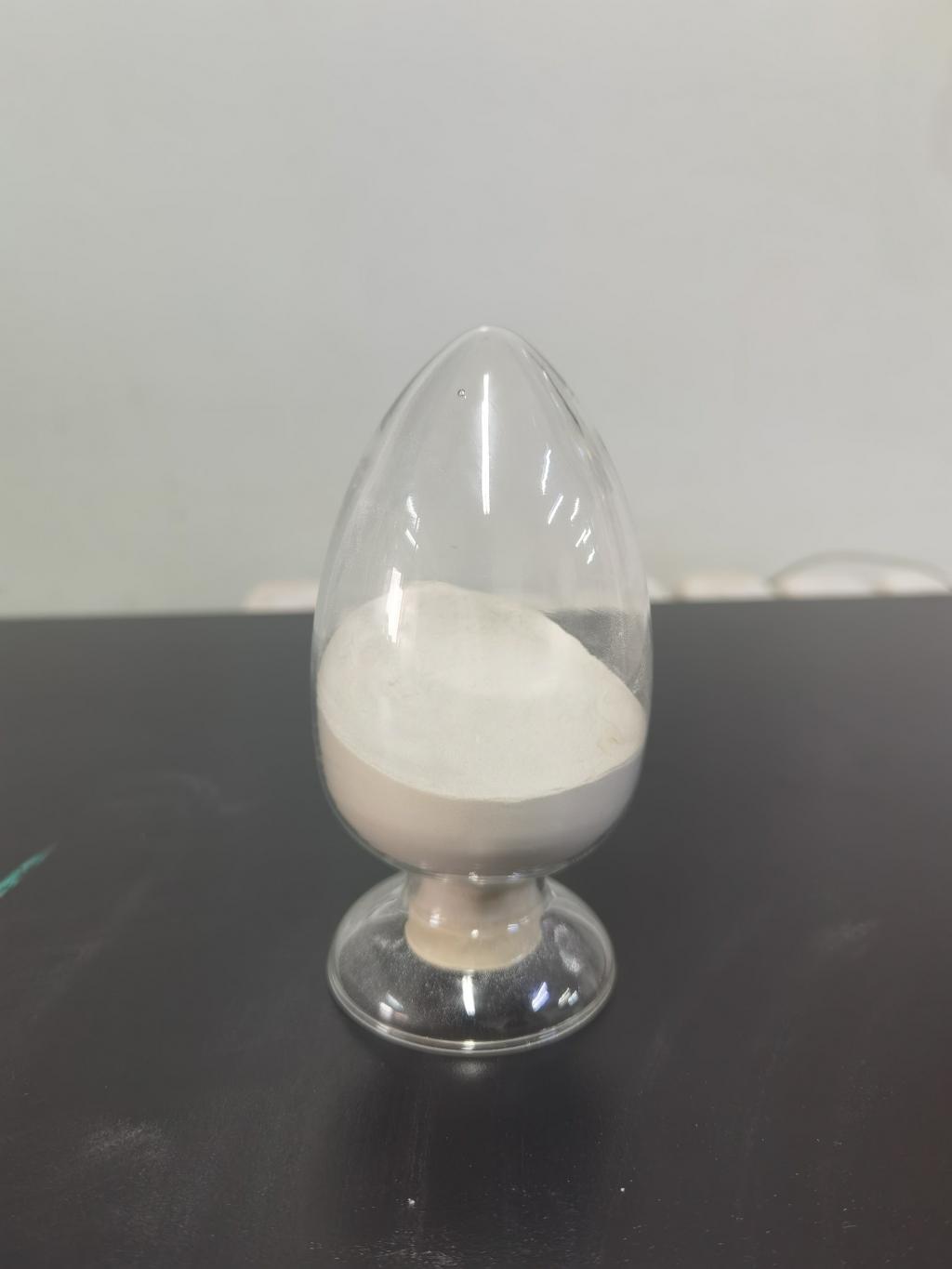Tel:+8618231198596

News
 CONTACT
CONTACT
 CONTACT
CONTACT
- Linkman:Linda Yao
- Tel: +8618231198596
- Email:linda.yao@dcpharma.cn
- Linkman:CHARLES.WANG
- Department:Overseas
- Tel: 0086 0311-85537378 0086 0311-85539701
News
Is Nisin safe for consumption?
TIME:2023-03-13
One of the primary concerns with the use of nisin is the potential for allergic reactions. While nisin is a naturally occurring substance that is produced by bacteria commonly found in the human digestive tract, some individuals may be allergic to it. Allergic reactions to nisin can range from mild to severe and may include symptoms such as hives, itching, swelling, and difficulty breathing. Individuals who are allergic to nisin should avoid products that contain it.
Another potential risk associated with the use of nisin is the development of antibiotic-resistant bacteria. While nisin is not an antibiotic, its overuse or misuse can contribute to the development of bacteria that are resistant to antibiotics. This can pose a serious public health threat, as antibiotic-resistant bacteria are more difficult to treat and can cause serious infections.
However, it is important to note that the risk of antibiotic resistance with the use of nisin is generally considered to be low. Unlike antibiotics, which are used to treat bacterial infections, nisin is used as a preservative in food products. The concentrations of nisin used in food products are typically much lower than those used in antibiotics, and the exposure to nisin through food is generally much lower than the exposure to antibiotics through medical use.
In addition to its use as a preservative, nisin has also been studied for its potential health benefits. Some studies have suggested that nisin may have anti-inflammatory and immune-modulating effects, and may be useful in the treatment of conditions such as inflammatory bowel disease and rheumatoid arthritis. However, more research is needed to fully understand the potential health benefits of nisin and its mechanisms of action.
Despite the potential risks associated with its use, nisin is generally recognized as safe for consumption. In the United States, the Food and Drug Administration (FDA) has approved the use of nisin as a preservative in a variety of food products, including cheese, meat products, and canned vegetables. The European Food Safety Authority (EFSA) has also approved the use of nisin in food products.
Regulatory guidelines for the use of nisin in food products typically include maximum allowable concentrations, labeling requirements, and good manufacturing practices. These guidelines help to ensure that nisin is used safely and appropriately in food products.
Overall, while there are some potential risks associated with the use of nisin, it is generally considered to be a safe and effective preservative for food products. Ongoing research into its potential health benefits may lead to new therapeutic applications in the future. However, it is important to use nisin in moderation and to follow regulatory guidelines to ensure its safety for consumers.
Previous:What is Nisin and what is it used for?
Next:How is Nisin produced?
- Tel:+8618231198596
- Whatsapp:18231198596
- Chat With Skype







